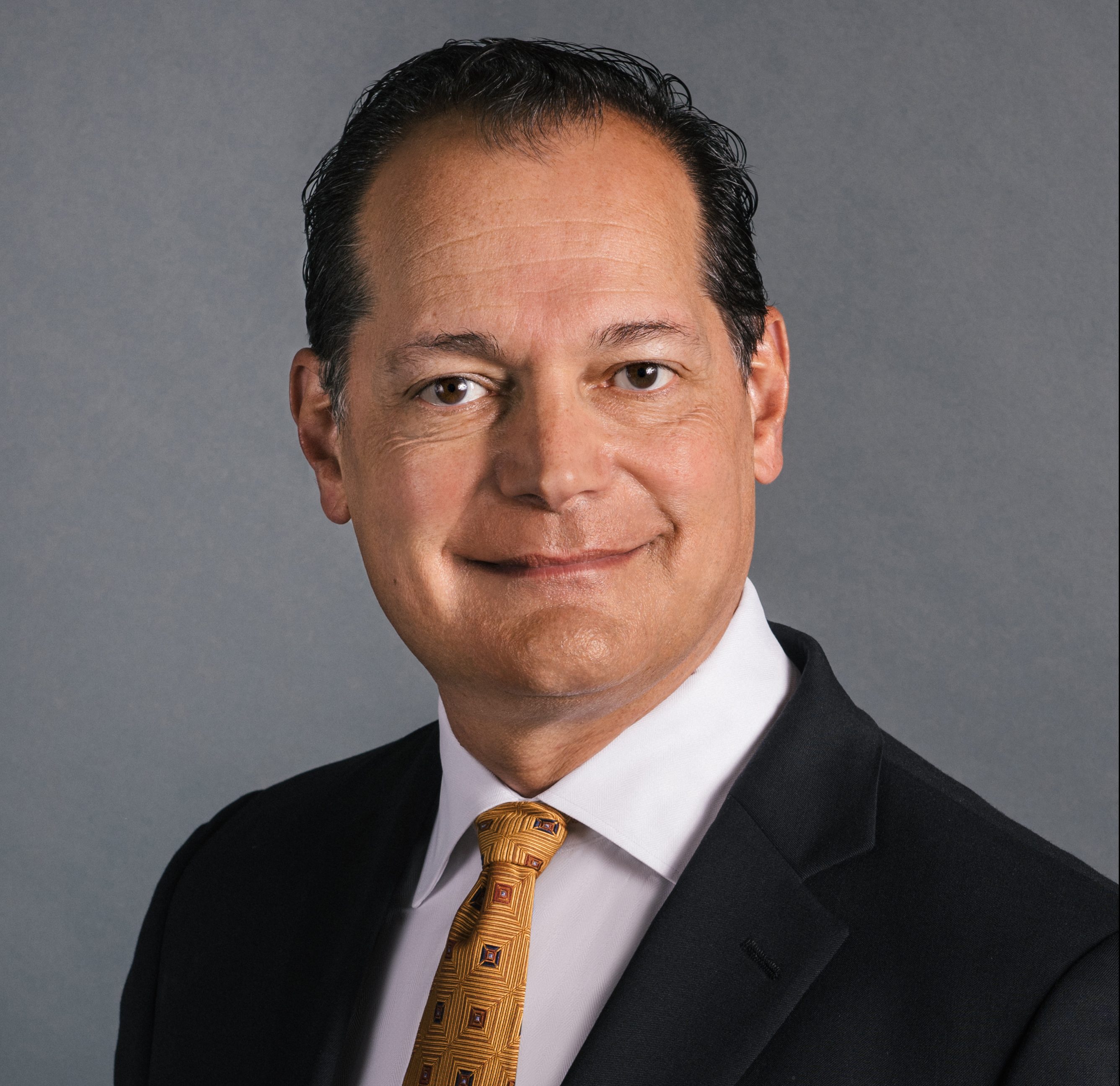JBJS is pleased to welcome Ronald A. Navarro, MD, FAAOS, FAOA as the new Deputy Editor for Evidence-Based Orthopaedics, effective January 1 of this year. Dr. Navarro is the Regional Chief of Orthopaedic Surgery at Kaiser Permanente.
What do you enjoy in your role as Deputy Editor?
I have seen firsthand in my healthcare delivery system how the level of evidence of each supporting documented research paper is critical to the development of accepted evidence-based care paths. Now that I help to ensure the level of evidence is accurately represented for the JBJS family of accepted manuscripts, I feel that JBJS and I play an indirect role in the shaping of the collected evidence that is incorporated into best practices for orthopaedic surgery.
How did you become interested in orthopaedics and orthopaedic research?
I have an older brother who was a certified athletic trainer at a local college and I was able to observe his workplace on the fields while in middle school. I expressed an interest in his sports medicine career and he exposed me to his orthopaedic work colleagues, like Dr. Doug Jackson. So I knew by my sophomore year of high school that I would like to be an orthopaedic surgeon.
I had the opportunity to work in the UCLA orthopaedic research department, specifically with Dr. Harlan Amstutz. I was impressed with his team’s research productivity. As a fellow, I got to work in the many labs and clinical research units of Dr. Freddie Fu at UPMC. These two experiences and iconic personalities made lasting impressions and certainly helped grow my enduring interest in the research process.
Is there a particular moment or highlight of your career that stands out as most gratifying to you?
Being named a Deputy Editor of JBJS has to be in the top echelon! I see it as a tacit acknowledgement of a career focused on patient care and research with focus on systems of care.
In your opinion, what is the most important issue or challenge facing the orthopaedic community at this time?
Orthopaedic surgery and healthcare in general is under siege with the competing interests of caring for patients in the best way possible and managing the rising cost of care. Have I indirectly alluded to the value equation in my response? Maybe that was intentional and value-based care means something different to each constituency. I care most about the patients we serve and I do care deeply about all of my orthopaedic colleagues. We must stay together as a house of orthopaedics so we can leverage the full complement of our collective in these times to protect our patients and our livelihood.
What advice do you have for prospective authors?
Become familiar and comfortable with the cadence of the research cycle. Everything from a rejected paper to a paper that requires revision(s) should be seen as a gift of helpful feedback. The ultimate acceptance of a paper is just part of the process. To contribute to the collected evidence base in orthopaedic surgery is an awesome feat. It is made more rich by the rigor of the process and that will be the indelible and lasting memory.
Aside from orthopaedic manuscripts, what have you been reading/listening to/watching lately?
Reading: The Revolutionary: Samuel Adams by Stacy Schiff.
Listening to: The Danger Close Podcast with Jack Carr.
Watching: Succession just ended—waiting for the next season of Andor.
Interested in learning more about the JBJS Editorial Board? Check out past Editor Spotlights on OrthoBuzz.



